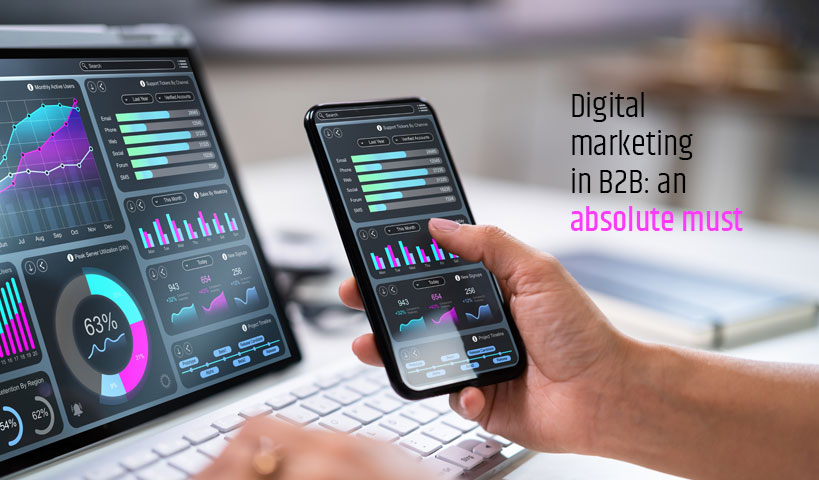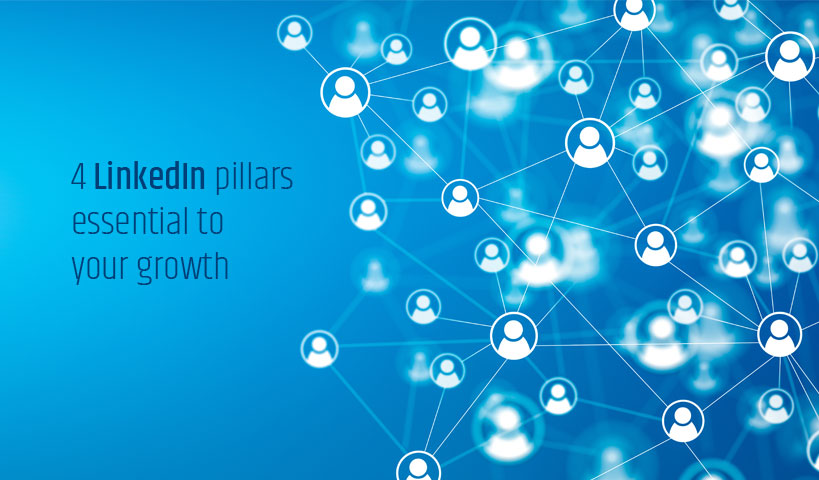The study conducted by Exo earlier this year demonstrated that the adoption of various social media by B2B companies in Quebec is only partial to say the least. Personally, I’ve noticed that during the last few years these companies have been reticent when it comes to “social media.” This is not because of what they truly are, it’s more the expression itself that scares them. But why?
Don’t confuse “media” with “multimedia”
The problem with the word “media” is that it is too often associated with entertainment. Media, traditionally, signifies the tv, radio, newpapers; all kinds of entertainment. And when we hear the word “multimedia,” we tend to think of music, movies, videos. Even more entertainment and diversions!
Media, however, by definition pertains to the means of diffusion, distribution or transmission of content, whatever the format (written, televisual, etc.). And media existed intrinsically well before becoming social. Later, when internet would eventually become the channel of collaboration by excellence, social media was born. As internet is an endless space, microsocieties turning around common interests and needs were formed, and various networks are perfect examples of this.
Don’t confuse “social” with “socialize”
If the word “social” is often misunderstood, it’s probably because it’s easily associated with the expression “socialize,” which more or less means fraternizing with peers in a festive context. However, B2B companies generally don’t like to be associated with this image. Rational companies, unlike B2C companies which target consumers directly, are naturally not emotional.
This simple problem of connotation (or, if you prefer, this perception) is easily resolved by returning to the roots of the word, or its first definition. Originally, the adjective “social” qualifies what is related to an ensemble of people who belong to the same group, within the same “society.”
So when we say that media are “social,” it’s simply because they allow people to interact and to exchange in real time. The rest is optional. Not to worry, B2B companies!
All in all, as soon as the adjective “social” is placed next to “media” or “network,” B2B companies seem to lose all objectivity and seem to believe that one word alone would threaten their professional integrity. Besides, does “social capital” sound like a celebration to you? No, it doesn’t. Nevertheless, the word “social” here has the same meaning: “relative to a group of people with a common goal or common interests.”
Social media, not so scary after all
Finally, when we look at social media as a channel of communication and by building on the engagement, the exchange and the sharing of knowledge within social networks, B2B companies are maximizing their chances of generating qualified leads. This way they’ll easily be able to manage prospects thanks to social media, of which they are so reticent.
And for those who are wondering what the difference is between “social media” and “social networks,” this will be the subject of my next blog post. Subscribe to our email list so you can be notified when it’s published.




